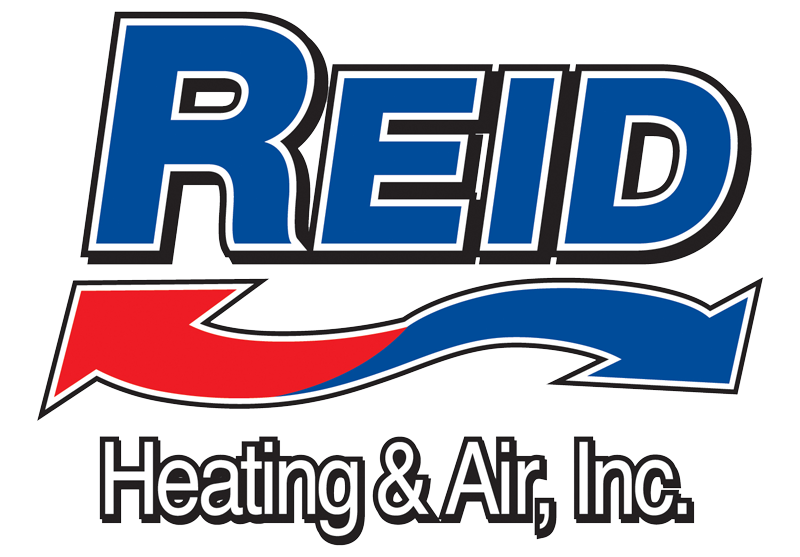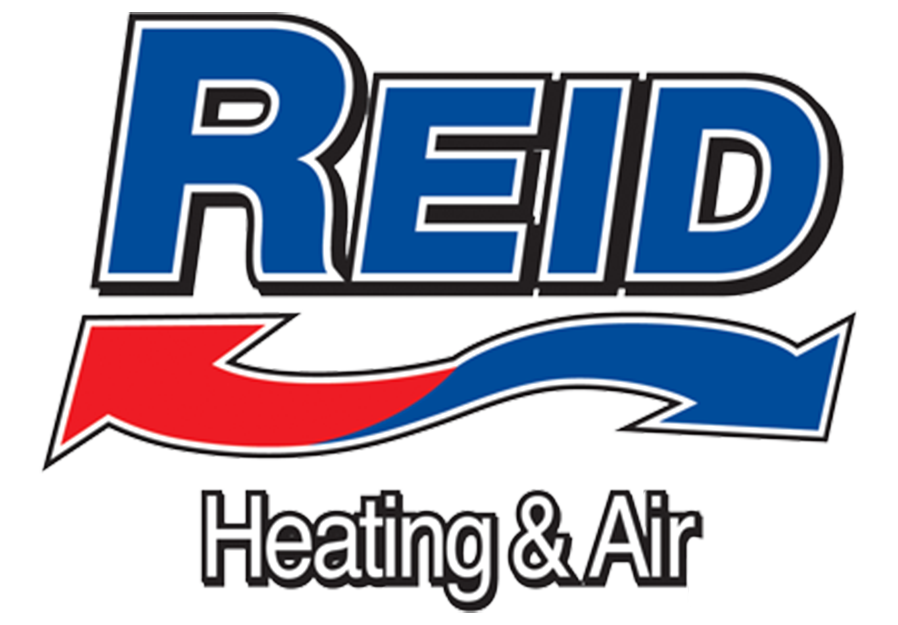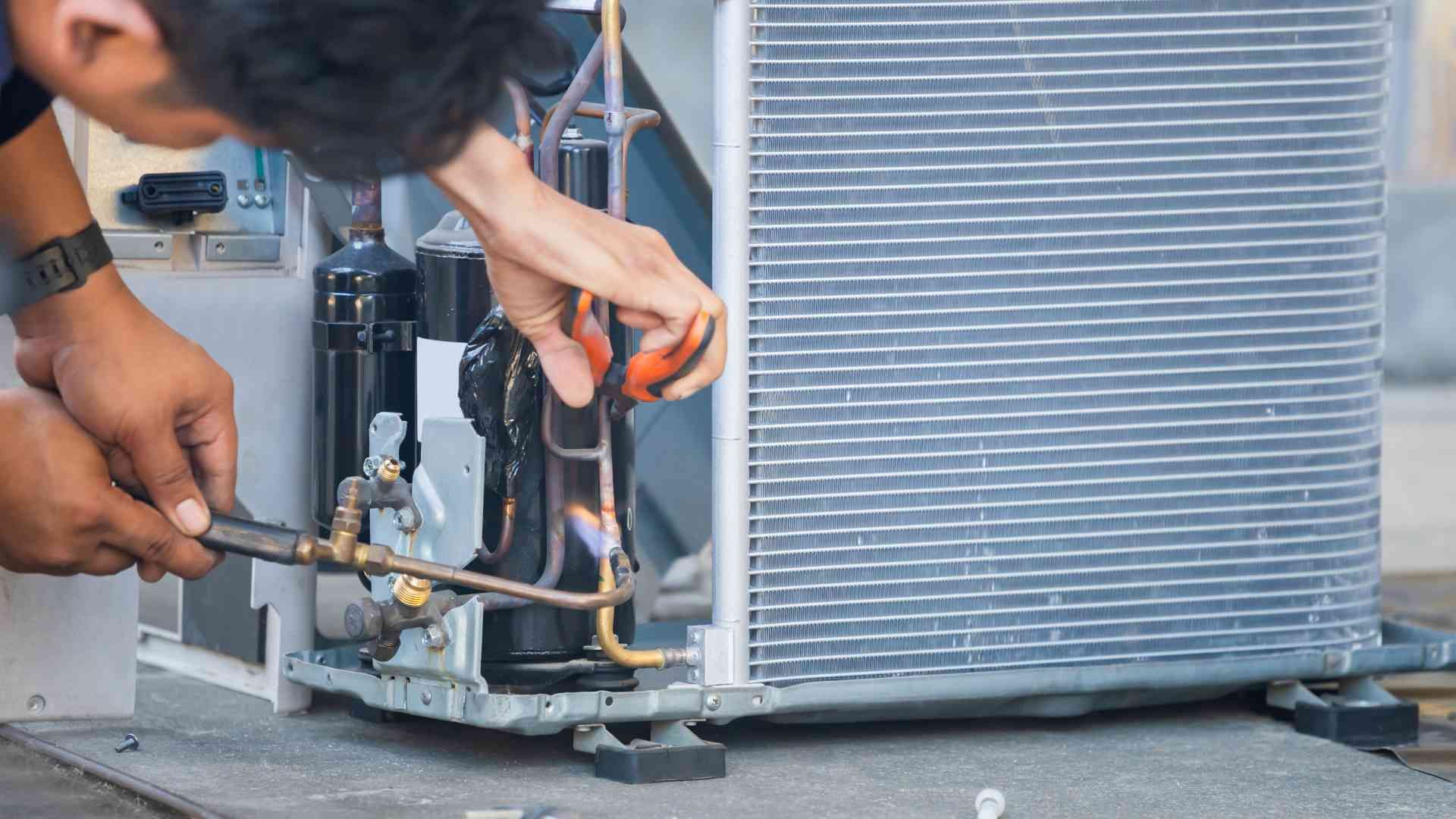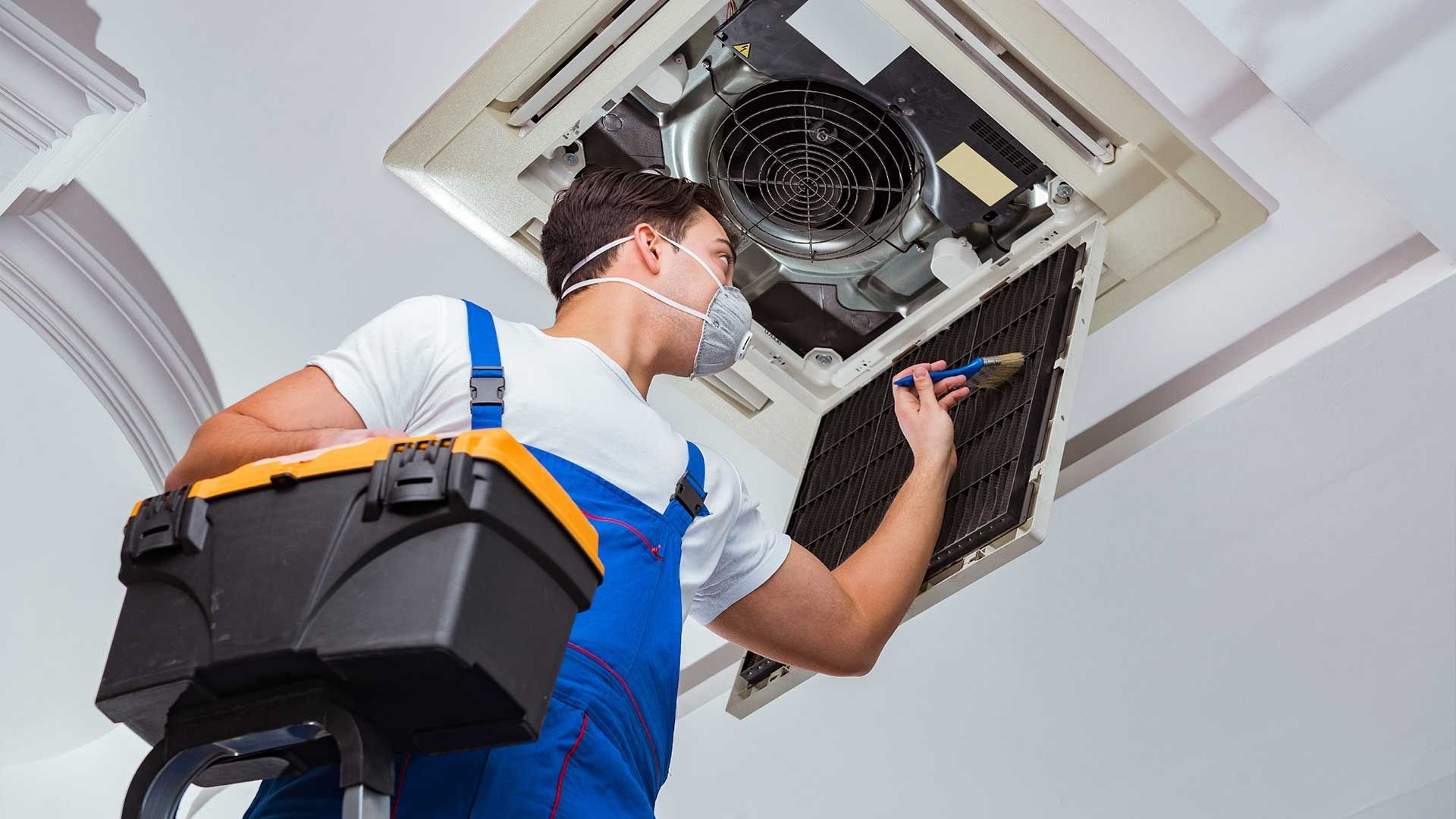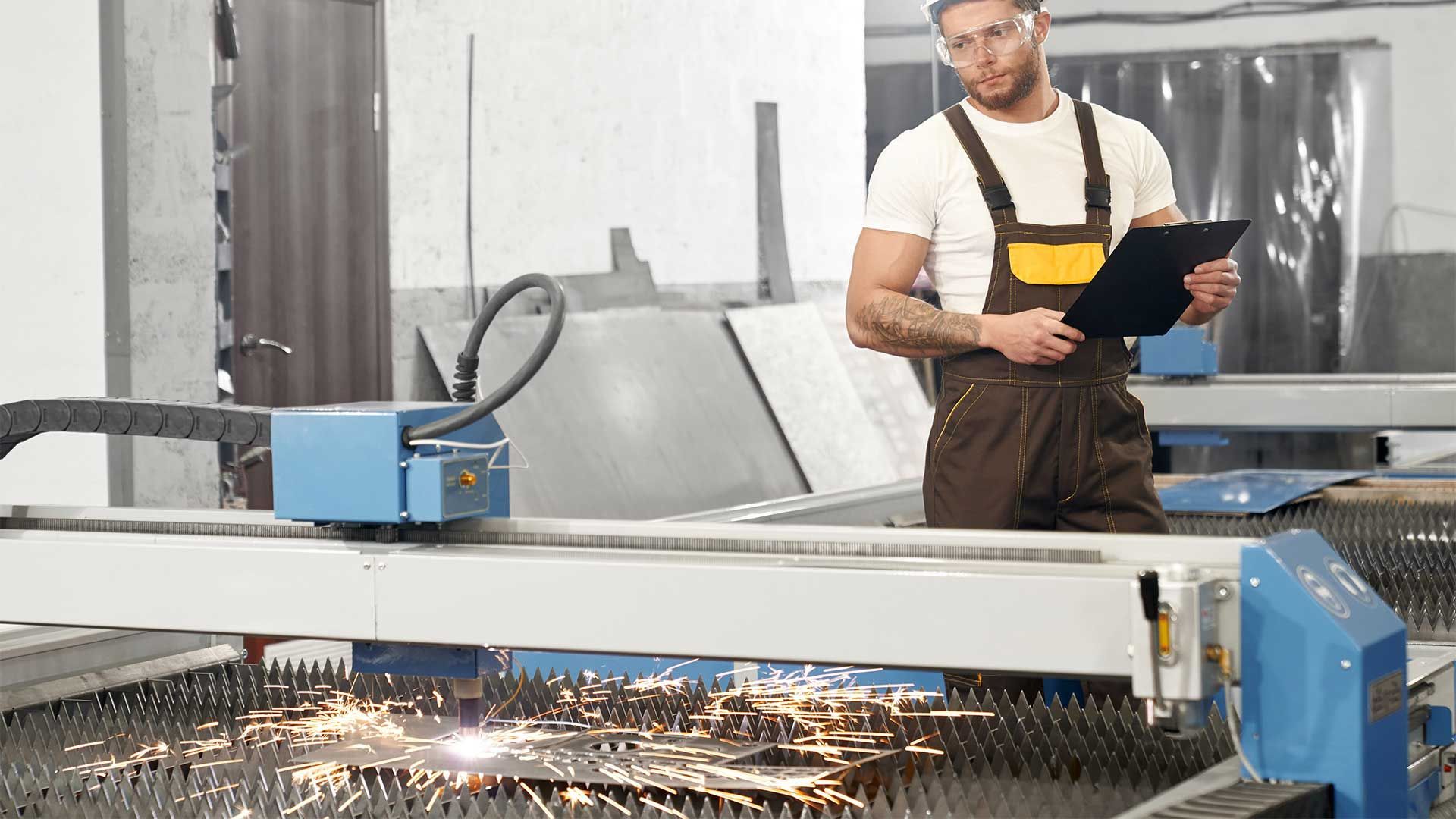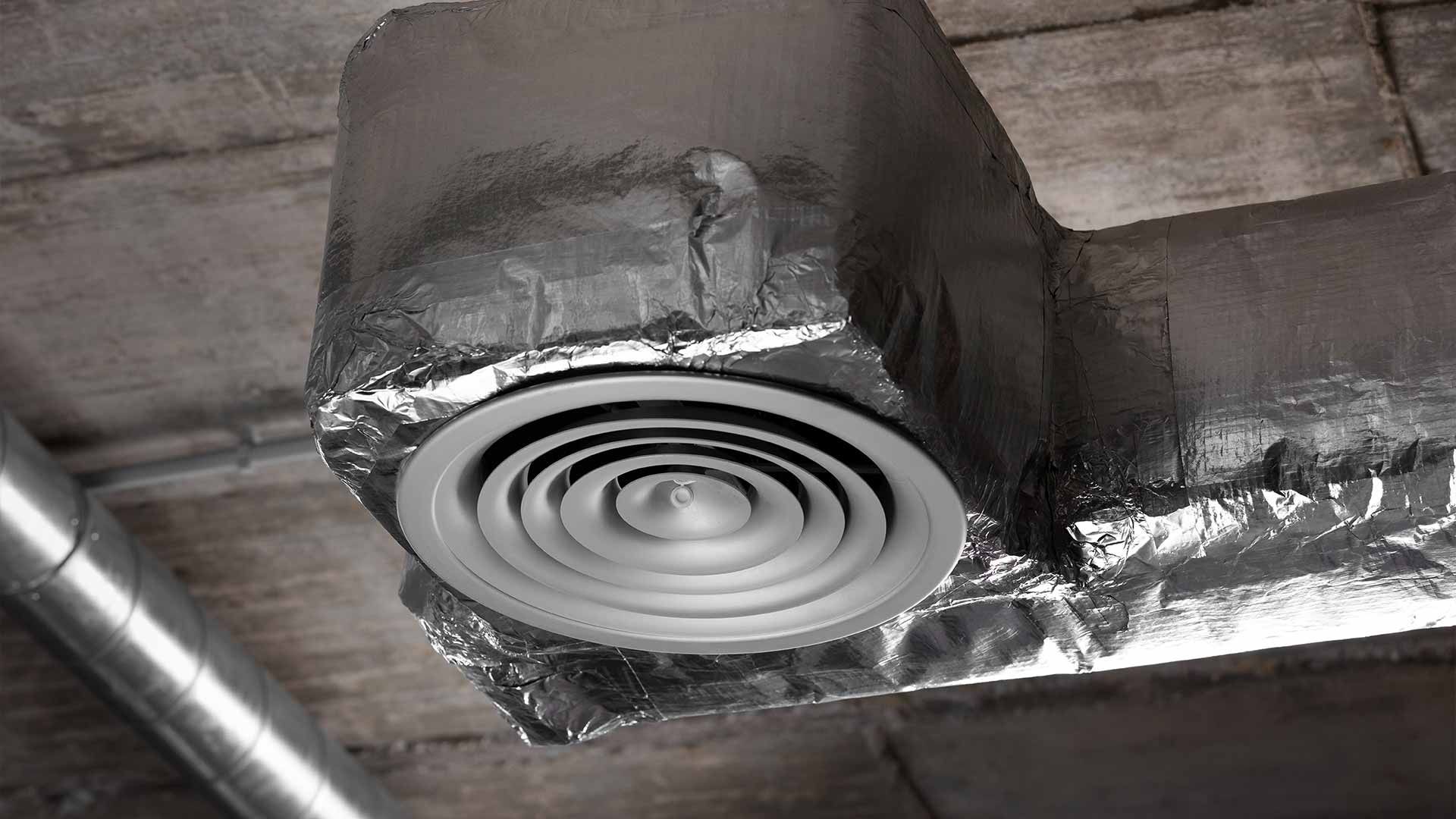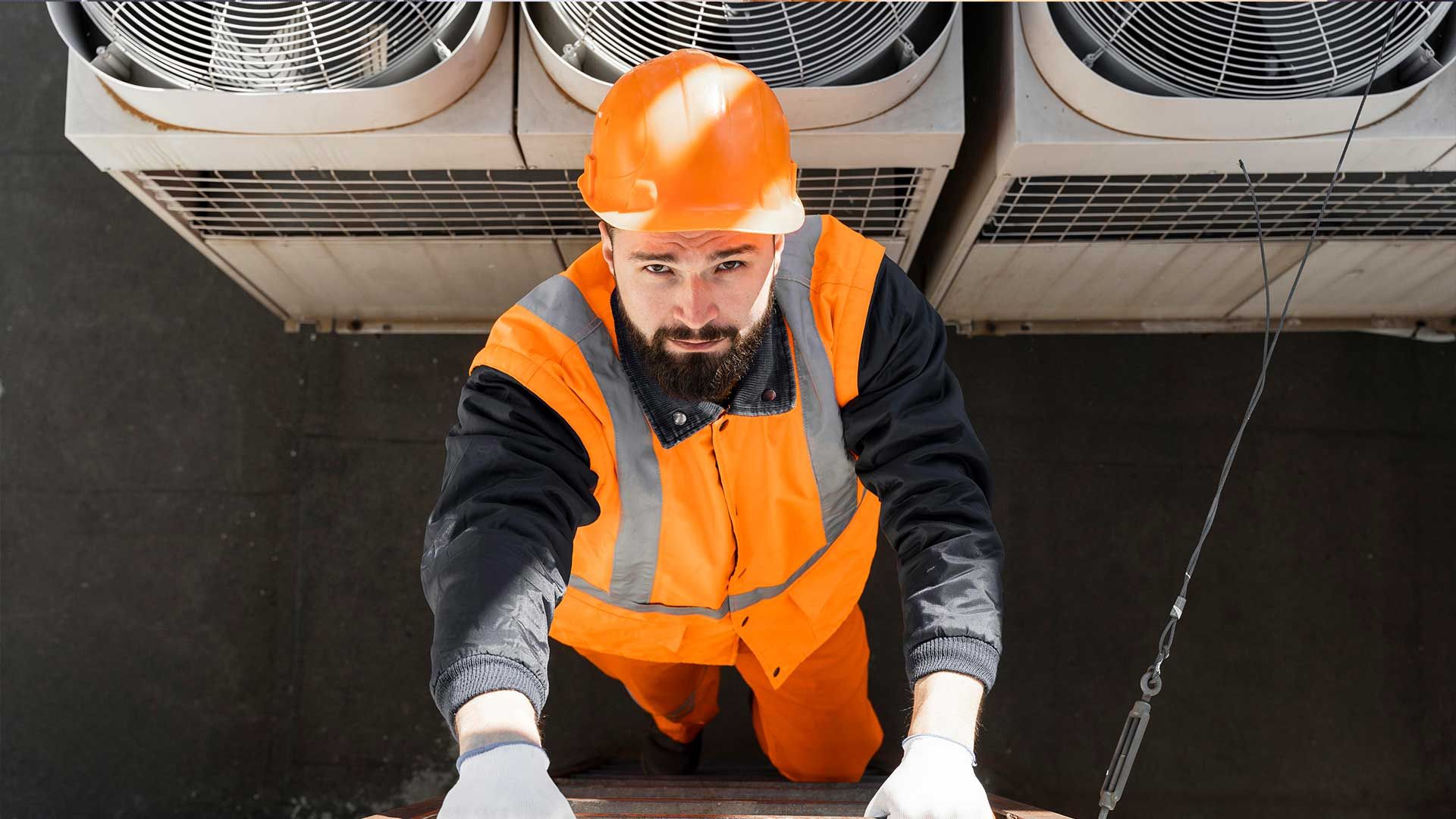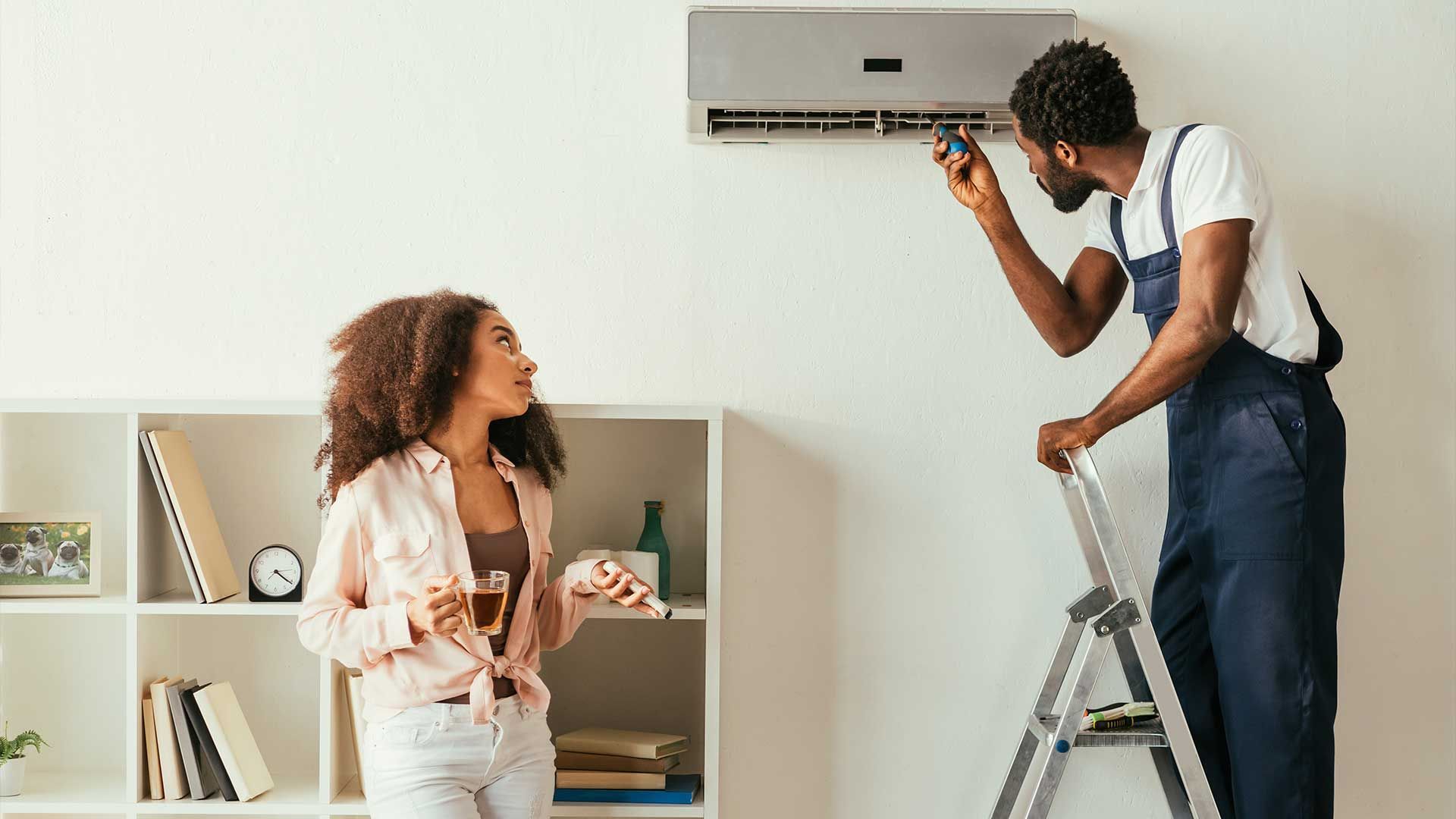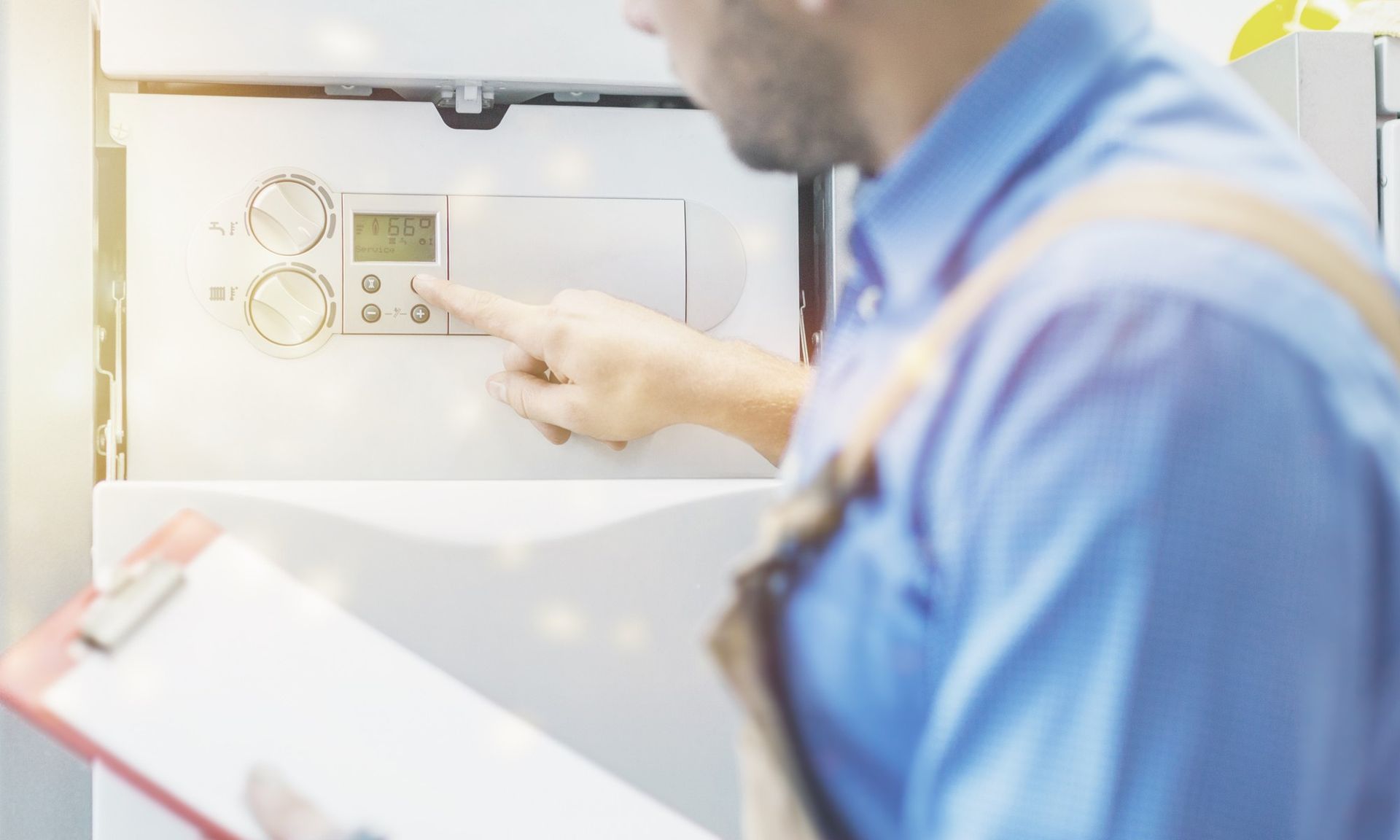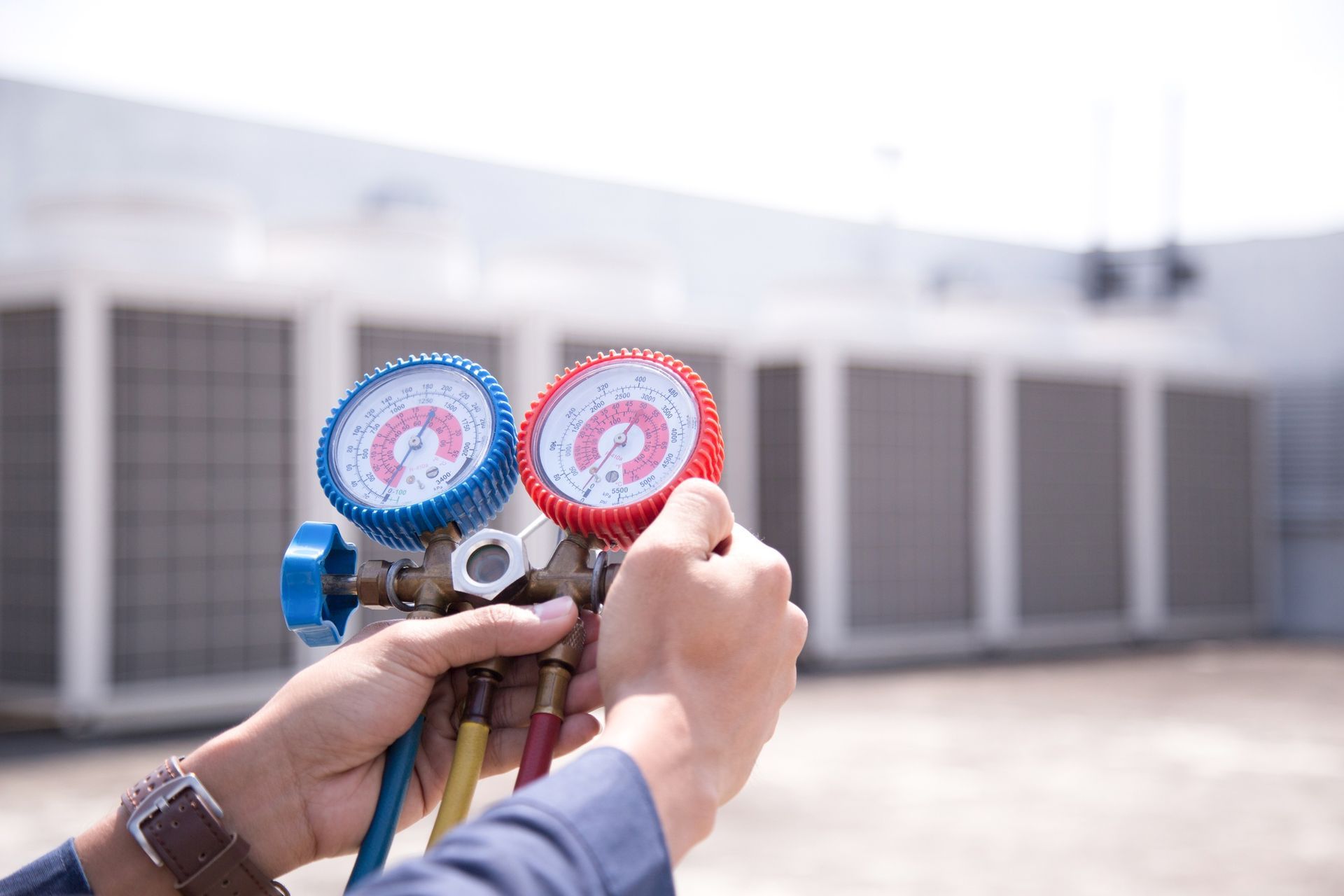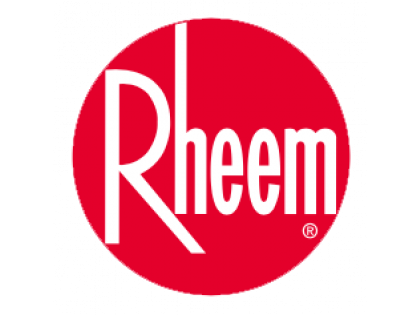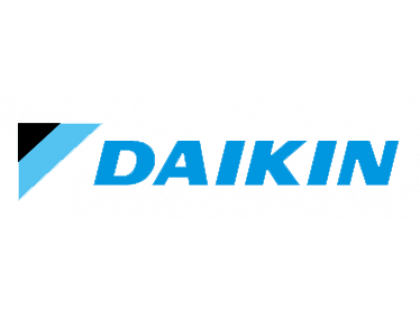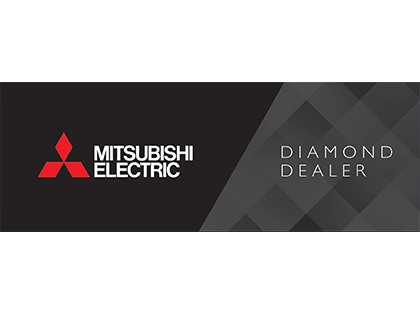HVAC Installation for Commercial Buildings: Key Considerations
In today's rapidly urbanizing world, commercial buildings are not just structures; they are vital components of cityscapes, housing businesses, ideas, and innovation. From towering skyscrapers to sprawling corporate campuses, these buildings represent the economic engines of our urban centers. At their core, ensuring the well-being of the people inside and the efficiency of the operations housed within these buildings is the HVAC system.
HVAC, which stands for Heating, Ventilation, and Air Conditioning, plays a pivotal role in maintaining a conducive environment within these structures. It balances internal temperatures, ensures adequate air circulation, and contributes to the overall air quality. But with commercial spaces varying drastically in size, purpose, and design, the task of HVAC installation becomes multifaceted and challenging.
For commercial buildings, where the well-being of a large number of occupants is at stake, and operational costs can escalate rapidly, the right HVAC system is more than a luxury—it's a necessity. Whether you're a building owner, a facility manager, or a business tenant, understanding the nuances of
HVAC installation is invaluable. This article will guide you through the labyrinth of considerations to ensure that your HVAC system not only matches your needs but also proves efficient and sustainable in the long run.
Assessing Building Needs
Space Analysis
Before any HVAC installation can begin, a comprehensive space analysis is necessary. Unlike residential settings, commercial buildings often have multiple zones requiring different temperature and humidity levels. Failure to assess this may lead to inefficient use of the system, translating into higher operational costs.
Load Calculations
A ‘one size fits all’ approach simply doesn't work in HVAC. Accurate load calculations must be performed to decide the capacity of the system needed. Under-sizing will result in a lack of effectiveness, while oversizing will result in energy inefficiency.
Choosing the Right System
Selecting the right HVAC system for a commercial building is a critical decision that can influence energy costs, occupant comfort, and long-term maintenance implications.
Understanding System Types
- Centralized vs. Decentralized Systems: Centralized systems, often located in a dedicated mechanical room or on the rooftop, serve the entire building from a single point. They are ideal for larger buildings with consistent cooling and heating needs across all zones. Decentralized systems, on the other hand, have individual units serving specific areas or rooms. They offer more localized control but can be challenging to manage in vast structures.
- Packaged vs. Split Systems: Packaged systems house all components, from compressors to evaporators, in a single unit. They're ideal for buildings with limited space. Split systems separate these components, allowing for more flexibility in installation but might require more intricate ductwork and design.
Efficiency Matters
- EER (Energy Efficiency Ratio): It represents the efficiency of the system under steady-state conditions. A higher EER rating indicates a more efficient system.
- Coefficient of Performance (COP): This measures the efficiency of heating pumps, indicating the ratio of heating or cooling provided to energy consumed.
- Variable Frequency Drives (VFDs): These can be integrated into HVAC systems to modulate the speed of compressors and fans, adjusting to the load requirements and enhancing system efficiency.
Considering Air Quality
Optimal indoor air quality is crucial in commercial settings to ensure the health and productivity of occupants. Systems with advanced filtration techniques, like High Efficiency Particulate Air (HEPA) or activated carbon filters, can remove pollutants, allergens, and even odors from the air.
Integrated Controls and Automation
Modern HVAC systems come with advanced control solutions. Building Automation Systems (BAS) can integrate HVAC with other systems like lighting or security, enabling holistic building management. Such integrations allow for predictive analytics, intelligent scheduling, and even remote management, optimizing energy consumption and enhancing user comfort.
System Longevity and Warranty
While initial costs are a significant concern, it's equally essential to consider the longevity of the system. A system that might be cheaper upfront but has a short lifespan or frequent maintenance issues can prove more expensive in the long run. Additionally, always consider the warranty terms, as they can alleviate costs and concerns related to repairs and replacements.
Acoustic Considerations
In commercial settings, especially in areas like conference rooms or theaters, the noise level of the HVAC system can be a concern. Opting for systems designed for quiet operation or those that come with sound attenuators can ensure that the ambient noise doesn't disrupt activities.
Regulatory Compliance
Local Codes and Standards
Ensuring compliance with local building codes and HVAC standards is a non-negotiable aspect of HVAC installation. These could include requirements on system efficiency, safety measures, and even refrigerant types.
Environmental Concerns
Increasingly, environmental regulations are impacting choices in HVAC systems. For example, using a refrigerant that is slated to be phased out soon could result in future complications.
Installation and Calibration
Professional Installation
Even the best HVAC system can fail to deliver if poorly installed. Always ensure that your HVAC installation is performed by qualified, experienced professionals.
System Calibration
Post-installation, the system needs to be calibrated and tested in different scenarios to ensure its performance meets the planned specifications.
Maintenance Considerations
Preventive Maintenance
Planning for preventive maintenance even before your HVAC installation ensures that you’ll maintain operational efficiency. Scheduled maintenance can catch small issues before they become bigger, more expensive problems.
Real-Time Monitoring
Modern HVAC systems often come equipped with real-time monitoring capabilities. This can help in preempting issues and making data-driven decisions.
Budget and ROI
Installation Costs vs. Long-Term Savings
While the initial costs of an efficient HVAC system may be high, the long-term operational cost savings often justify the investment. A detailed cost-benefit analysis should be part of your HVAC installation planning.
ROI Metrics
It's not just about the cost; it's also about the returns. Metrics such as Energy Efficiency Ratios (EER), Payback Period, and Life Cycle Costs can help in making an informed decision.
Flexibility and Scalability
In the evolving world of commercial real estate, the operational dynamics of a building can shift drastically. Whether it’s due to a change in tenant requirements, building renovations, or unforeseen expansions, the HVAC system must be able to adapt. This is where flexibility and scalability come into play.
Modular System Design
A modular HVAC design can be a game-changer. With modular systems, instead of a large, centralized unit, the HVAC system is divided into smaller, self-contained units. This means that as a building's needs grow, additional units can be added without overhauling the entire system. This not only simplifies the installation process but also makes maintenance easier, as faulty modules can be replaced without affecting the rest of the system.
Zone Controls
Zone control capability is an essential feature for scalability. It allows different sections or floors of a building to be controlled independently. This ensures that if a section of the building remains unoccupied or has different temperature requirements, it can be managed separately, leading to energy savings and increased comfort.
Advanced Control Systems
With the advent of smart building technologies, advanced HVAC control systems can adapt in real-time to the requirements of the building. These systems can integrate with other building management systems, providing data and allowing for adjustments based on factors like occupancy levels, outside temperature, and more.
Future-Proofing with Technology
Incorporating IoT (Internet of Things) into HVAC systems can also offer a layer of flexibility and scalability. With IoT-enabled sensors and controls, real-time data can be harnessed to optimize HVAC operations. This level of connectivity allows for remote monitoring and diagnostics, ensuring that the system is always running optimally and can be adjusted as per the evolving needs of the building.
Diverse Equipment Options
Consider equipment that caters to diverse scenarios. For instance, rooftop units might be perfect for buildings with limited ground space but have potential expansion in vertical space. On the other hand, ground-based systems could be ideal for facilities with ample surrounding land, anticipating horizontal expansion.
Financial Scalability
Beyond the physical components, financial scalability is crucial. Investing in systems that allow for phased implementation can help manage budgets more effectively. Instead of a substantial upfront cost, businesses can spread out the investment as the building or facility scales up.
Conclusion
HVAC installation in commercial buildings is a complex process that involves multiple stakeholders, including architects, engineers, and facility managers. By taking into account key considerations such as building needs, system choice, regulatory compliance, and long-term maintenance, you can ensure that your HVAC system not only provides a comfortable environment but also operates at peak efficiency, offering you maximum return on your investment.
The intersection of technology, regulatory landscape, and user demands makes HVAC installation an ever-evolving field. Staying abreast of industry advancements can equip you to make choices that are both economically and environmentally sustainable.
For those in the Rock Hill SC area, it's worth noting that choosing the right service provider is crucial for a seamless HVAC installation. Reid Heating & Air, Inc is renowned as the best service provider in this region, backed by years of experience and a reputation for excellence. You can reach out to them at
(803) 366-1855 for all your HVAC needs.
So the next time you find yourself at the drawing board, planning an HVAC installation for a commercial building, remember to consider the elements outlined in this guide and to consult trusted experts in the field. Because when it comes to
HVAC in commercial spaces, the devil is indeed in the details.
